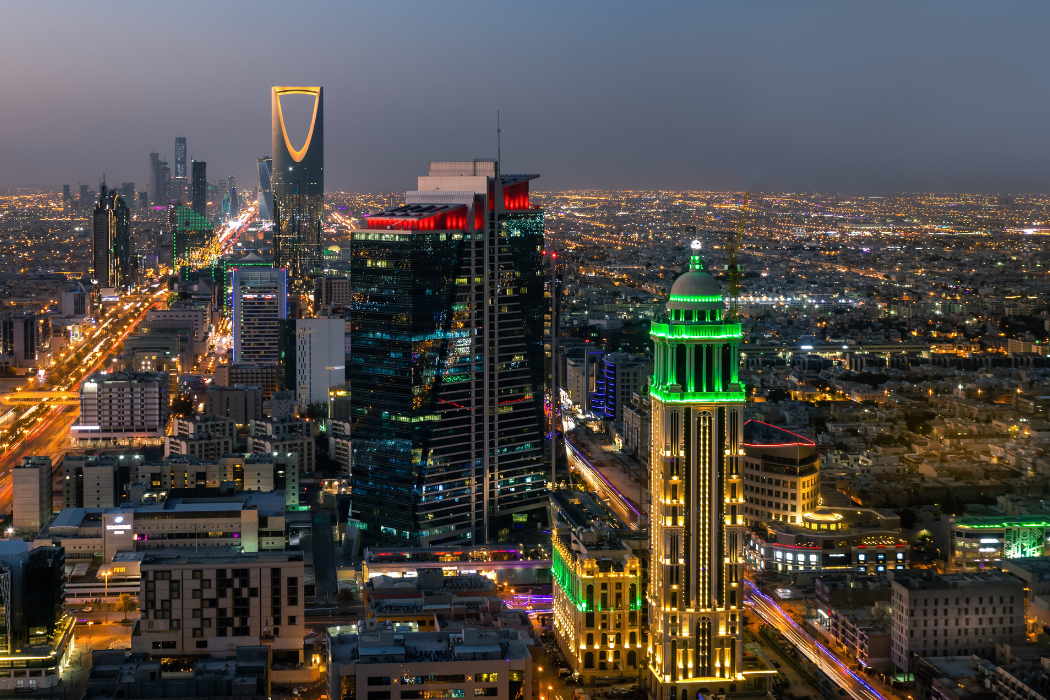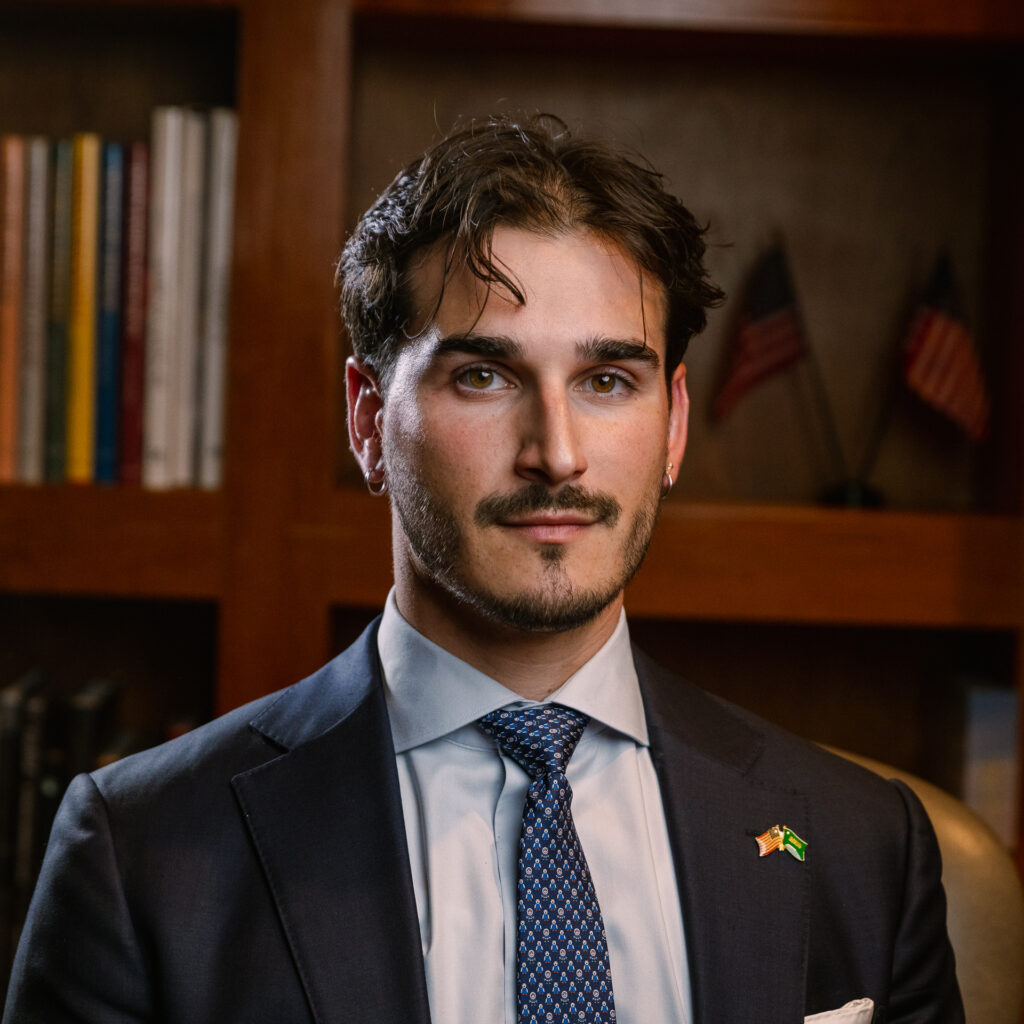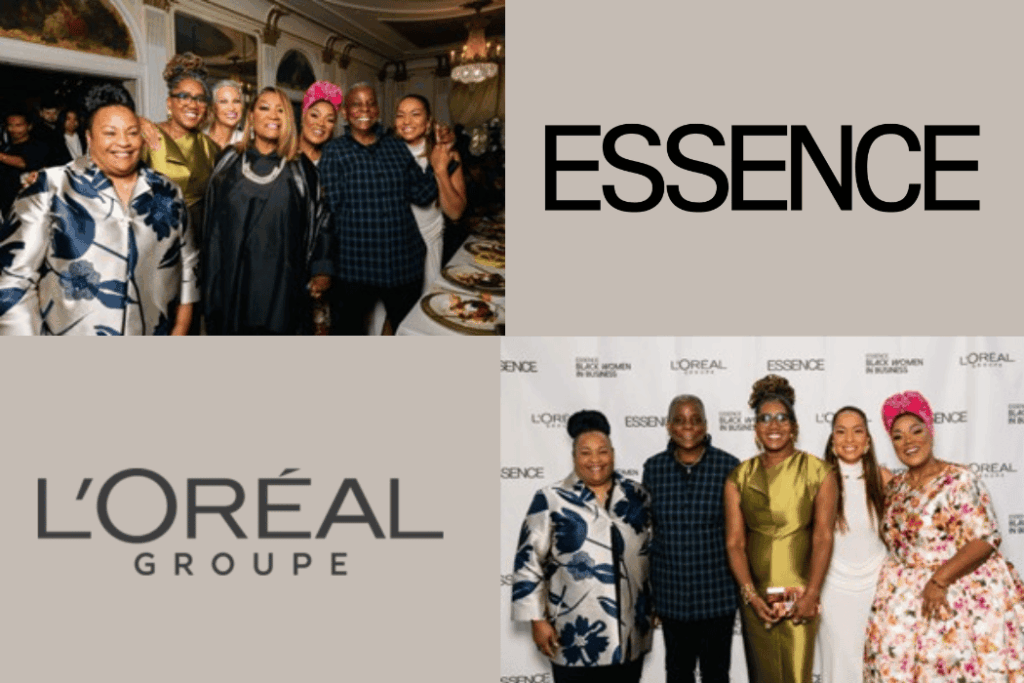
U.S. Commercial Service Recruiting Businesses for Dec. 8-9 Trade Mission
The International Trade Administration’s U.S. Commercial Service is leading a Global Diversity Export Initiative trade mission to Saudi Arabia from Dec. 8-9, 2024. The mission is focused on connecting U.S. women-owned, -led, and -operated businesses from industries with growing potential in Saudi Arabia but is open to all export-ready U.S. companies. While September 6th is the official registration deadline, applications will be accepted on a rolling basis. Kerry LePain, Commercial Service Officer at the U.S. Embassy in Riyadh spotlights the trade mission and growing market opportunities for U.S. exporters below. Kerry LePain, Commercial Service Officer at the U.S. Embassy in Riyadh, Saudi Arabia spotlights the growing market trends and opportunities for U.S. exporters below in response to MBE questions.

Q: Why should U.S. businesses consider doing business or expanding their presence in Saudi Arabia?
A: There are many reasons U.S. businesses should be considering opportunities in Saudi Arabia. With a GDP of approximately $1 trillion in 2023, Saudi Arabia is the largest economy in the Arab World and has some 38 million consumers. In 2022, U.S. goods and services exported to Saudi Arabia exceeded $22.1 billion, and overall market trends are very encouraging. Saudi Arabia is undergoing a transformation on a scale difficult to describe without witnessing it firsthand. Its Vision 2030 economic diversification initiative, launched in 2016, aims to reduce the country’s dependence on oil by developing various sectors, including services and industrial sectors among many others. Vision 2030 also seeks to promote greater access to education and jobs, which in turn will increase the quality of life and build a more inclusive society, all of which lead to greater opportunities for trade and investment. Vision 2030 political, institutional, and financial reforms, coupled with significant investment by Saudi Arabia’s Public Investment Fund, are generating tremendous opportunities for U.S. and foreign companies across all sectors.
Q: What are some key industry export opportunities?
A: Growing opportunities range from renewable energy, transportation, and healthcare to advanced technologies, aerospace, beauty products, educational training, and more. Another area is infrastructure – look no further than the series of “giga-projects” that include the $500 billion NEOM, a cognitive and smart city development in northwestern Saudi Arabia, the Qiddiya entertainment and sports megaproject in Riyadh, and the Red Sea Project – a sustainable luxury tourist destination stretching the length of Saudi Arabia’s Red Sea coast.
The range of opportunities exist within both the Saudi private sector and government reflect Saudi Arabia’s push to reduce oil dependence and create new economic drivers aligned with Vision 2030 goals and seek to position Saudi Arabia as a global hub for business and tourism.
Q: What are some advantages for U.S. businesses in joining the trade mission?
A: Trade isn’t simply about exports and imports: transactions can’t happen without trust, and trade missions are an important platform to build and facilitate relationships between individuals and commercial partners. This is especially important when doing business in Saudi Arabia. Whether in-person or virtual, there is no substitute for face-to-face interactions.
To this end, U.S. companies on our mission will benefit from business-to-business (B2B) matchmaking meetings with pre-screened potential buyers, agents, distributors, or joint-venture partners. We customize the meetings for individual U.S. participants to help match their products or services with the needs of potential partners or buyers.
We also consult on the latest trends and market information for entering or expanding their businesses in Saudi Arabia, provide introductions to key on-the-ground contacts, and arrange networking opportunities to build vital business relationships in Saudi Arabia.
Another advantage of trade mission participation is ongoing support before, during, and after the mission from our trade professionals. The mission will include market briefings, interpretation when needed, and follow-up export assistance by our trade experts working in tandem with our domestic network. In doing so, we value building long-term relationships with our business clients.
Q: How is the Saudi market for small and medium-sized U.S. businesses, including women-owned businesses?
A: Vision 2030 has created significant opportunities across nearly all sectors in Saudi Arabia, expanding opportunities for foreign companies in existing sectors and opening new sectors in the Saudi market, such as tourism, entertainment, and more. The market continues to evolve as new demands arise. This applies to companies of all sizes, including large firms, small and medium-sized enterprises, and start-ups, including women-owned, led, and operated companies. Saudi Arabia has implemented a range of initiatives and funds aimed at fostering Saudi women’s entrepreneurship. While these are not necessarily intended to facilitate business with foreign women-owned businesses, they contribute to the increasing importance of diversity and inclusion within Saudi Arabia. Women are increasingly taking on leadership roles across the public and private sectors, including owning and running their own businesses. Saudi Arabia’s business community is open to working with people of all backgrounds. This also extends to businesses across all sectors, and new-to-export companies with export-ready products and services.
Q: Do U.S. firms have any competitive advantages vs. foreign competition when entering the Saudi market?
A: There is an excellent perception among the public in Saudi Arabia about U.S. goods and services. Made in the U.S.A. is synonymous with quality and high performance. In addition, U.S. companies have an excellent worldwide reputation for customer service, particularly after-sale, which is highly valued. The U.S. government, through agencies like the U.S. Commercial Service, provides extensive assistance to American businesses entering the Saudi market.
Q: What are some of the challenges that U.S. firms face in doing business in Saudi Arabia? How can a U.S. company best prepare ahead of joining the mission?
A: A few items to consider: The Saudi market can be very sensitive to branding and materials content. U.S. companies are encouraged to familiarize themselves with Saudi traditions, customs, and strict observances of the Islamic faith to ensure that branding does not unintentionally offend local norms and practices. Government-controlled enterprises in Saudi Arabia are increasingly introducing local content requirements for foreign firms. The Saudi market is becoming increasingly competitive, with companies from around the world vying for opportunities. U.S. firms need to differentiate themselves through innovation, quality, strong value propositions, and a strong track record. The good news is that the U.S. Commercial Service is here to help U.S. businesses navigate the Saudi market.
Q: How can my business apply to join the mission? And what other services does the U.S. Commercial Service offer American companies?
A: U.S businesses can apply to join the mission by visiting our website registration page. The U.S. Commercial Service offers various year-round services specifically customized for each of our clients’ needs. A local partner is key to entering and penetrating the Saudi market. We can help U.S. businesses identify potential local partners, promote and launch their products in foreign markets, conduct background checks, advocate for their bids on foreign government tenders, and much more. To get started, visit Trade.gov/export solutions and any of our 100+ U.S. Commercial Service Offices in the United States or the embassy website at trade.gov/SaudiArabia.













